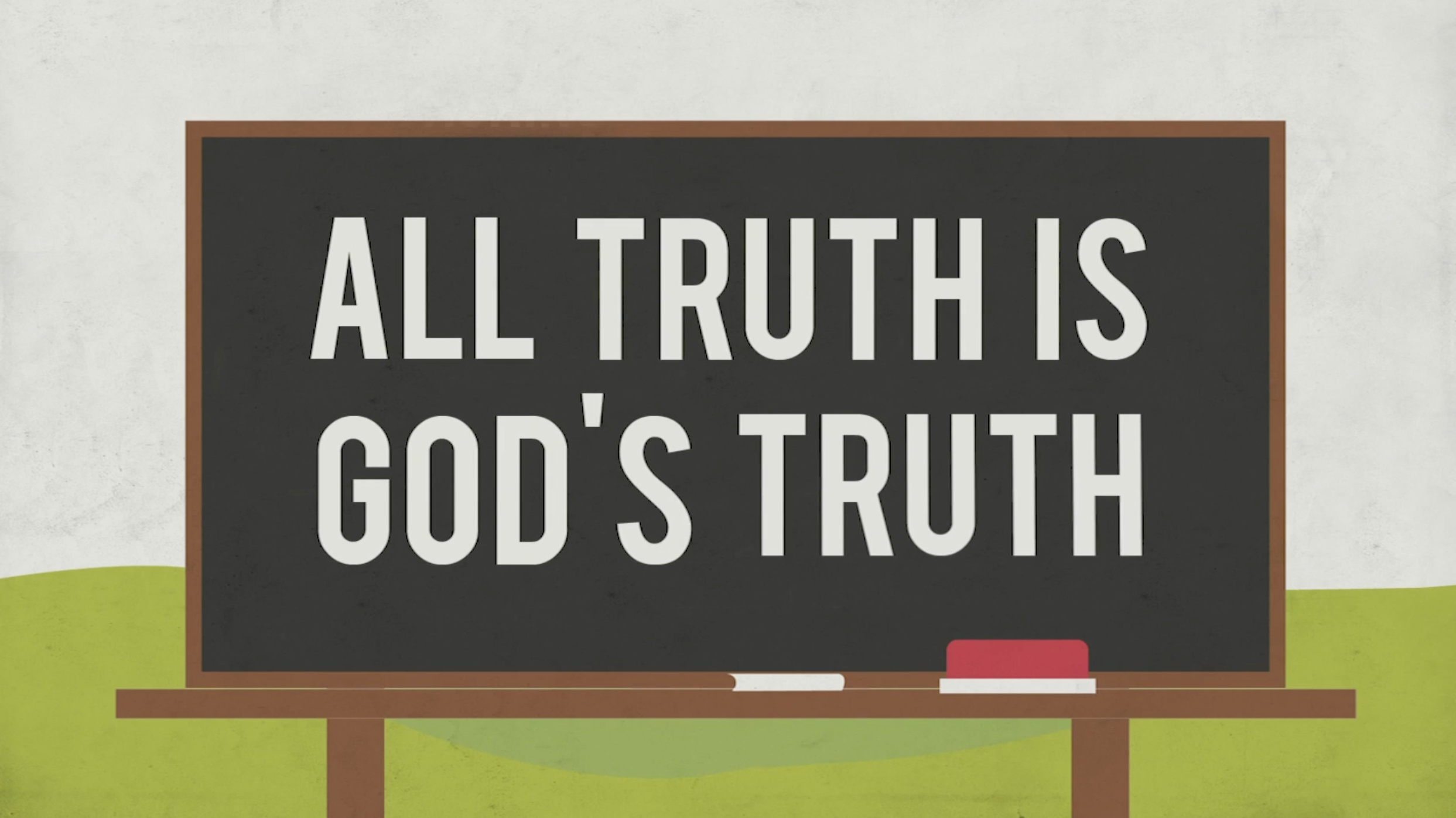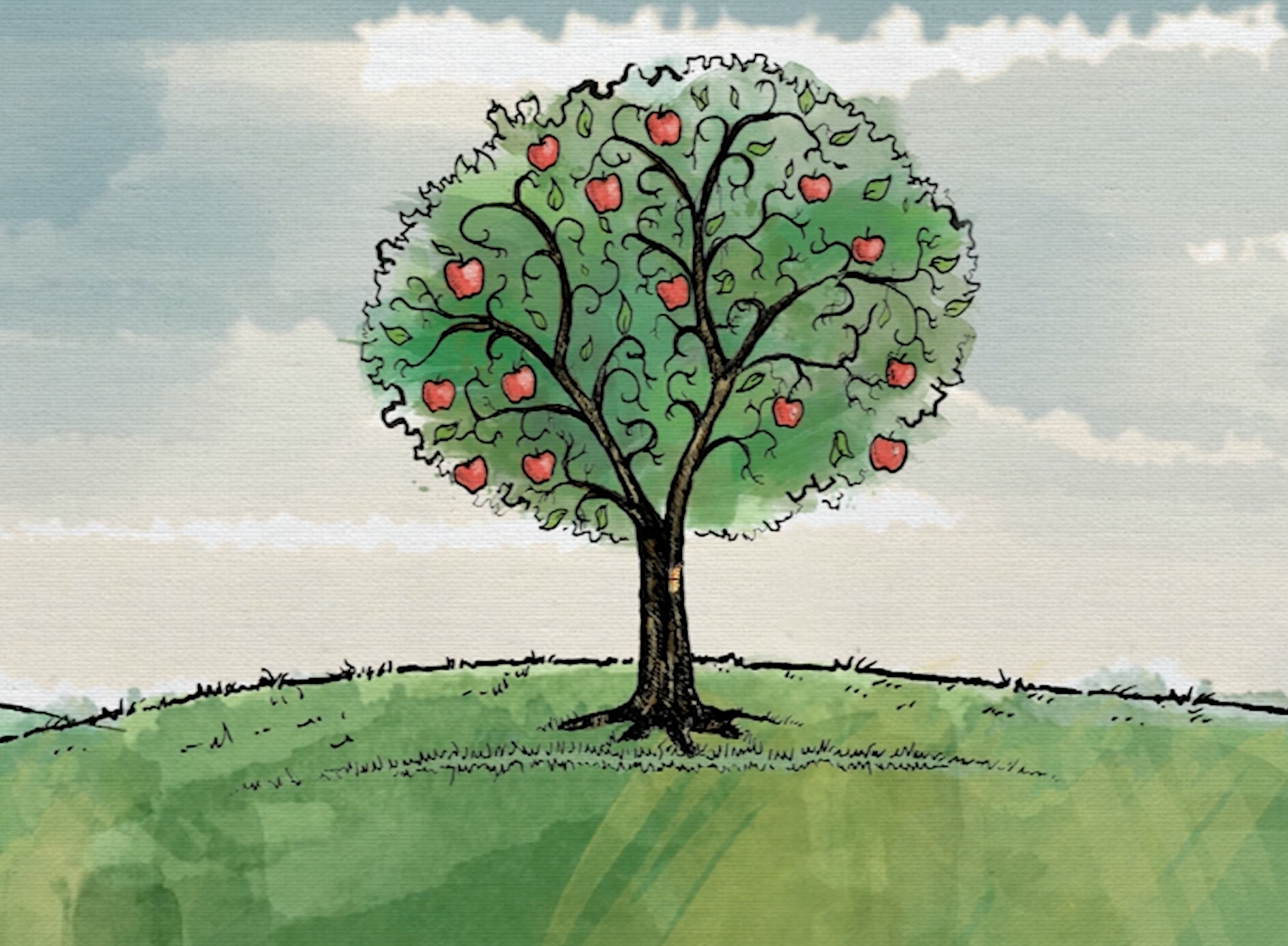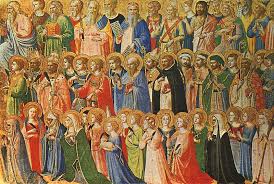This week we are continuing our series about the goals of classical Christian education and the pathway to reaching them. Last week we started talking in earnest about that pathway. I suggested there are four key elements in the classical Christian model that make up the pathway. This week we take up the third and fourth elements: a structured and orderly learning environment and a Christ-centered community of like-minded families.
Why the Goals of Classical Christian Education are Good for the World
Last week I set out to produce a series of articles reminding readers what classical Christian education is by describing what its goals are, why those goals should be valued, and what pursuit of those goals looks like at Trinitas Christian School. I used the metaphor of questions one might ask oneself when embarking on a journey. Last week the question I attempted to answer was where are we going? This week the question is why are we going there? My aim is to illustrate why the goals of classical Christian education are good ones for the people of God to pursue.
Topics: Blog Posts, Christian Education, Christian Living, Social Issues
Periodically on a journey it is good to pause and ask oneself a few questions, even if only briefly and in one’s own mind, to make sure of being on the right track: Where are we going? Why are we going there? How do we plan to get there? Is this the only route or is there a better path? Parents should ask those questions frequently regarding their vision for their children, and most especially regarding the role education plays in the fulfillment of that vision. We've prepared a video that speaks to the heart of this goal.
Topics: Blog Posts, Classical Education, Christian Education, True Education
In my years associated with classical Christian education—as a parent, donor, school board member, teacher, and headmaster—I have had my share of conversations with folks who want to know why the standards for Christian character and academic diligence are so high, why our students read theology and philosophy and history and literature authored by people who have been dead for 1,000 years or more, and why we focus so intently on writing and speaking and debating. One good answer to such questions is that we do these things in classical Christian education in order to prepare students for just such a time as this.
Topics: Blog Posts, Classical Education, Christian Education, True Education, Social Issues
I have often joked that when my family and I began the adventure of Christian classical education nearly two decades ago, I thought we Americans had invented Christianity in the 17th century. And while that is a bit of an exaggeration, it is no stretch at all to say that I was largely ignorant of my true Christian heritage. I was ignorant of the history of the Church and of exactly what my baptism made me a member.
Like good Christians everywhere, I had read and was reading the Bible. I knew that Christ was the Cornerstone of the Church, that the Apostles were the first elders and missionaries and Church Council. I knew of the Holy Spirit falling in tongues of fire on those gathered on the day of Pentecost, about the appointing of deacons, about breaking bread from house to house, sharing goods among the brethren as each had need, and of Paul’s many journeys to establish and strengthen churches and his subsequent letter-writing to them. What happened between then and the Pilgrims coming to Plymouth, however, was a bit foggy.
Topics: Blog Posts, History, Christian Education, Christian Living
The Apostle Peter probably shocked his contemporary audience when he declared them “a royal priesthood” in 1 Peter 2:9. Can you imagine his converted Gentile audience, who had known only the rule of kings for their entire lives, now hearing themselves described as royalty for the first time? They must have thought, Huh? You talking to me? But then, maybe we react the same way to Peter’s message today. Just like those Gentile converts, we too are royalty. We are kings and queens in the kingdom of God, serving under the True King, Jesus.
Topics: Blog Posts, Christian Education, True Education, Christian Living
Will Your Child Continue in the Faith as an Adult?...
As Christian parents, our most important aim is to see our children walking with the Lord all the days of their lives. When they live under our roof, we can see to it that they are reading the Word, praying, and going to church because those are things we do together as families. We can demand from them, and then hold them accountable to, living like a Christian should live, practicing Christianity. At some point, however, a child has to take ownership of his own faith. At some point it is not only the God of his fathers, but it has to be his God too, his Lord and Savior. Have you ever considered what role the school plays in that?
Topics: Blog Posts, Parenting, Alumni, Christian Education, Christian Living
Throughout the ages Christian monks have cloistered to free themselves from the ungodly influence of the outside world. The seclusion and the freedom from the day-to-day rat race provided them increased opportunity for study and prayer that was not otherwise available. That tradition gave us some fine scholarly work in areas as diverse as Christian doctrine and agriculture. Indeed, Western Christian thought and heritage was preserved by such cloistering. In our age of mega schools and assembly line secular education, I want to suggest that Christian children can benefit from the cloister-like atmosphere at a small classical Christian school.
Topics: Blog Posts, History, Parenting, Christian Education, Christian Living

%20copy.jpg)


%20copy.jpg)



.jpeg)

